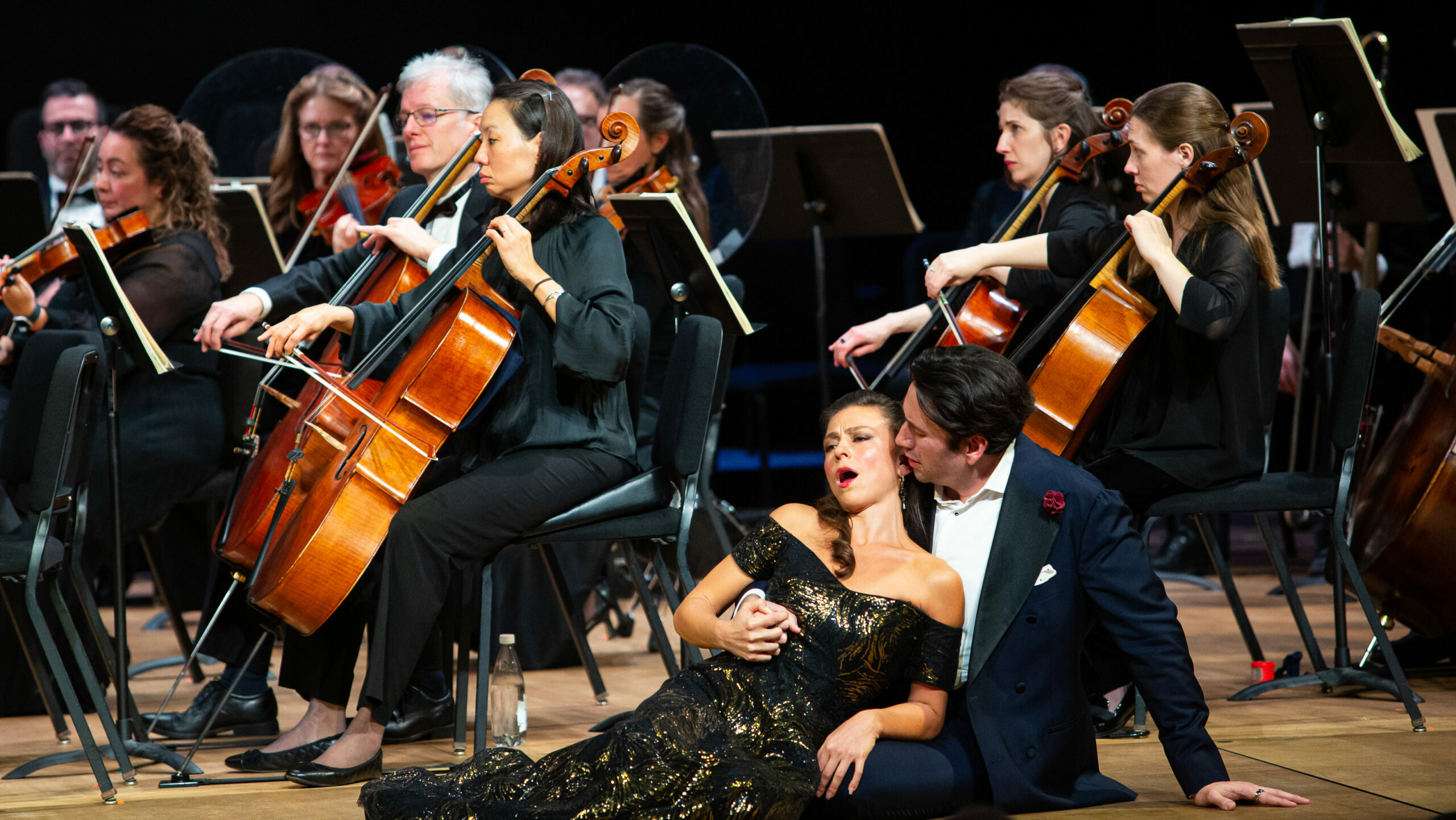
Smart recitals ask a question that the artist attempts to answer through their choice of repertoire. Mezzo-soprano Fleur Barron mused on the topic of home in her debut with the Philadelphia Chamber Music Society. “Is it a physical place, a state of being, a cultural identity, a feeling?” she asked in a program note. Her varied vocal choices over the two-hour concert offered a variety of perspectives on the complicated topic.
Given her backstory, it’s easy to understand why this theme fascinates Barron. Born in Northern Ireland to a British father and a Singaporean mother, she grew up primarily in Hong Kong. She was educated in New York and currently lives in London. Her career encompasses opera, lieder, and experimental new music. Artistically and personally, Barron is a citizen of the world.
The songs that formed the core of the recital reflected intersections of identity. Particular highlights included the works of two Chinese-born composers, Huang Rao and Chen Yi, which showcased Barron’s innate ability to wed her plush vocal style to an approximation of traditional Eastern musical forms, alongside a precise articulation of Mandarin and Cantonese texts.
Traditional folk songs like “Northeast Lullaby” and the Fengyang Flower Drum Song, which Barron took as an encore, served as a connection to her mother’s cultural roots.
Two original pieces stood out for their individuality and daring. Chen Yi’s Thinking of My Home at Night, heard here in its world premiere, was striking for its spellbinding stillness, with Barron moving fluidly between traditional Chinese and English for this setting of Li Bai’s “Quiet Night Thought.” The smooth legato line was broken occasionally by impressively declaimed phrases.
Barron also performed Ananurhan, which she commissioned from Zubaida Azezi and Edo Frenkel after, in her words, “falling down a YouTube Uyghur rabbit hole.” Pianist Julius Drake applied stops to the piano strings to create a more muted percussive sound that approximated Uyghur drums, and Barron phrased some of the text within the lid of the piano, which created a haunted echoing effect – appropriate for a song about the degradation and death of lovers.
In both these selections, Barron showed herself unafraid to move the expectations of classical music forward, linguistically, thematically, and culturally. It’s exactly the kind of creative freedom and curatorial insight the art form needs.
That doesn’t mean, however, that she skirted in other areas. Performances of Brahms’s Heimweh lieder and Da unten im Tale were notable for seamless legato and lustrous tone. She brought a scintillating tension to Schlafen, Schlafen from Berg’s Vier Gesänge, which matched Drake’s subtly agitated accompaniment. Charles Ives’s My Native Land was rendered with unvarnished simplicity.
If Cole Porter’s “Night and Day” lacked the requisite sultriness and feeling for double entendre in the masterful lyrics, Barron excelled in her vivacious delivery of several French language bagatelles by Charles Trenet.
The percussive, onomatopoetic Boum! Was a particular highlight, and it was the kind of inventive performance that made one wish they heard these songs more often. Selections by Toru Takemitsu, however, gave the impression that they’re best left unremembered.
Mussorgsky’s Nursery was the afternoon’s sole misfire. The material itself is somewhat hoary – a problem Barron compounded by mugging shamelessly with busy hands and childish facial expressions. Occasionally, she colored vocal lines with cutesy mannerisms, and she approached every song with the same high-pitched energy. A greater sense of repose might have been appropriate for the more contemplative selections like “At Bed-time.”
Still, Barron’s thoughtful and inventive artistry makes her one to watch. The concept of home may be porous, but I’d be happy to follow her wherever she travels
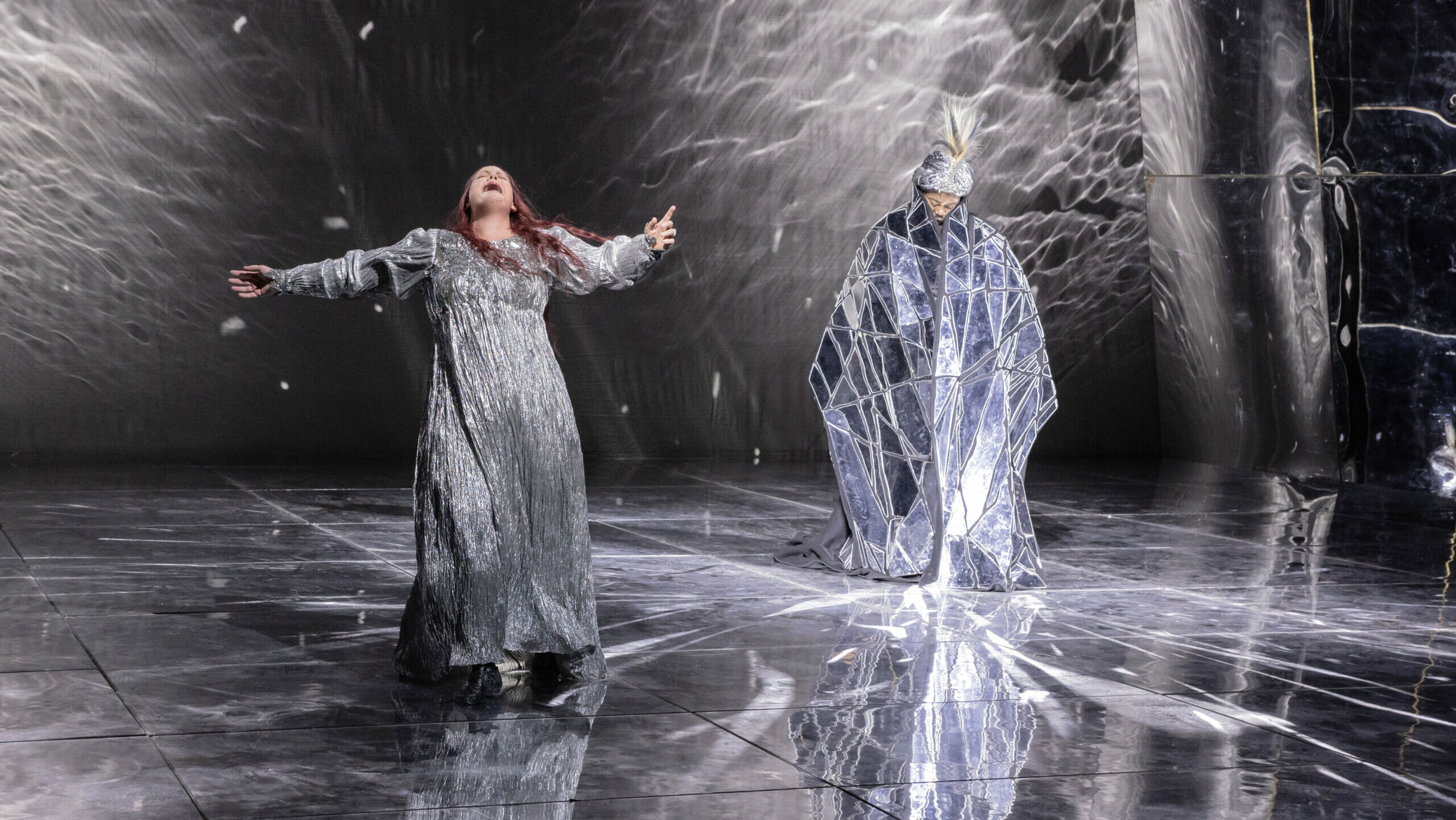
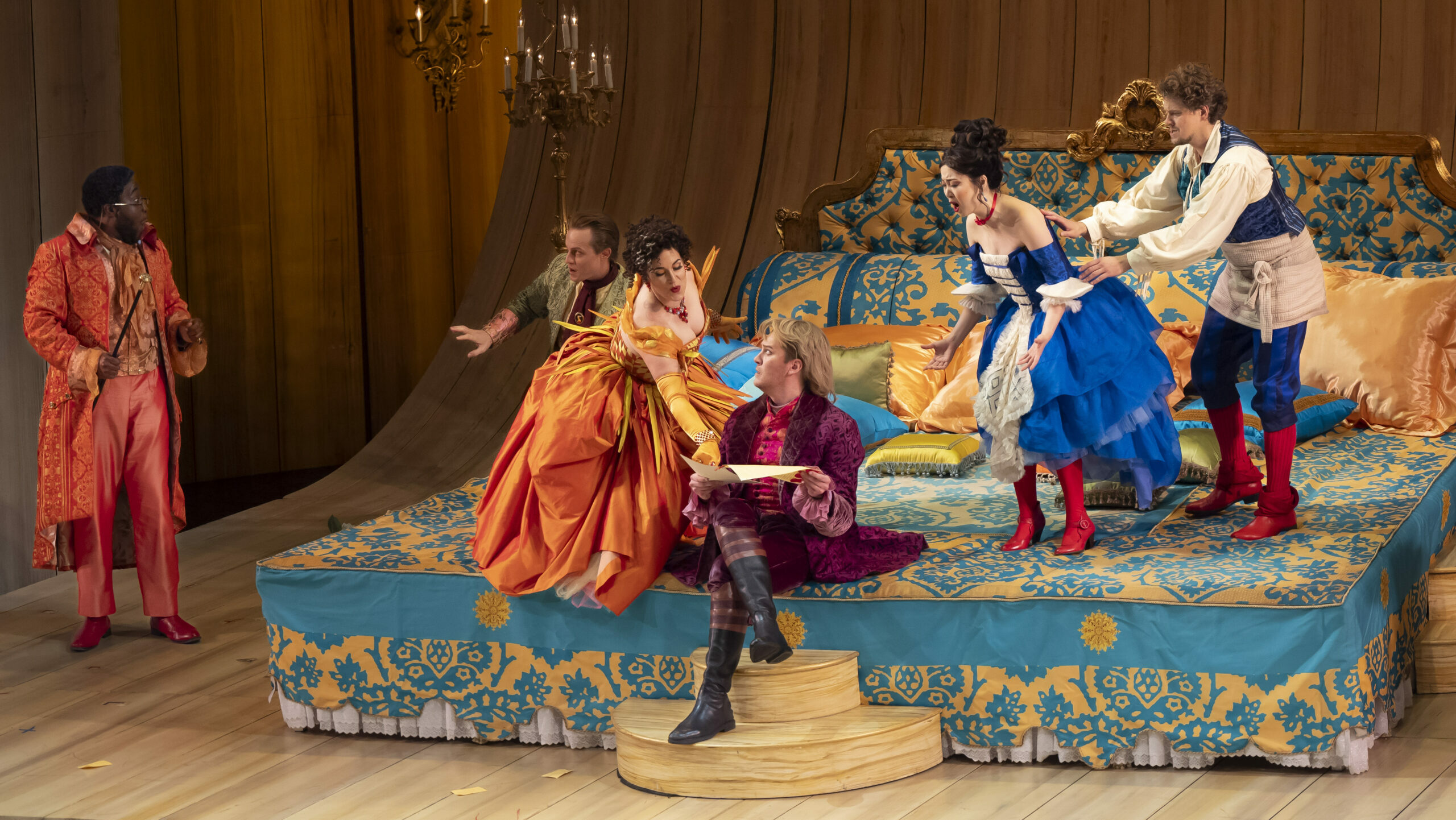
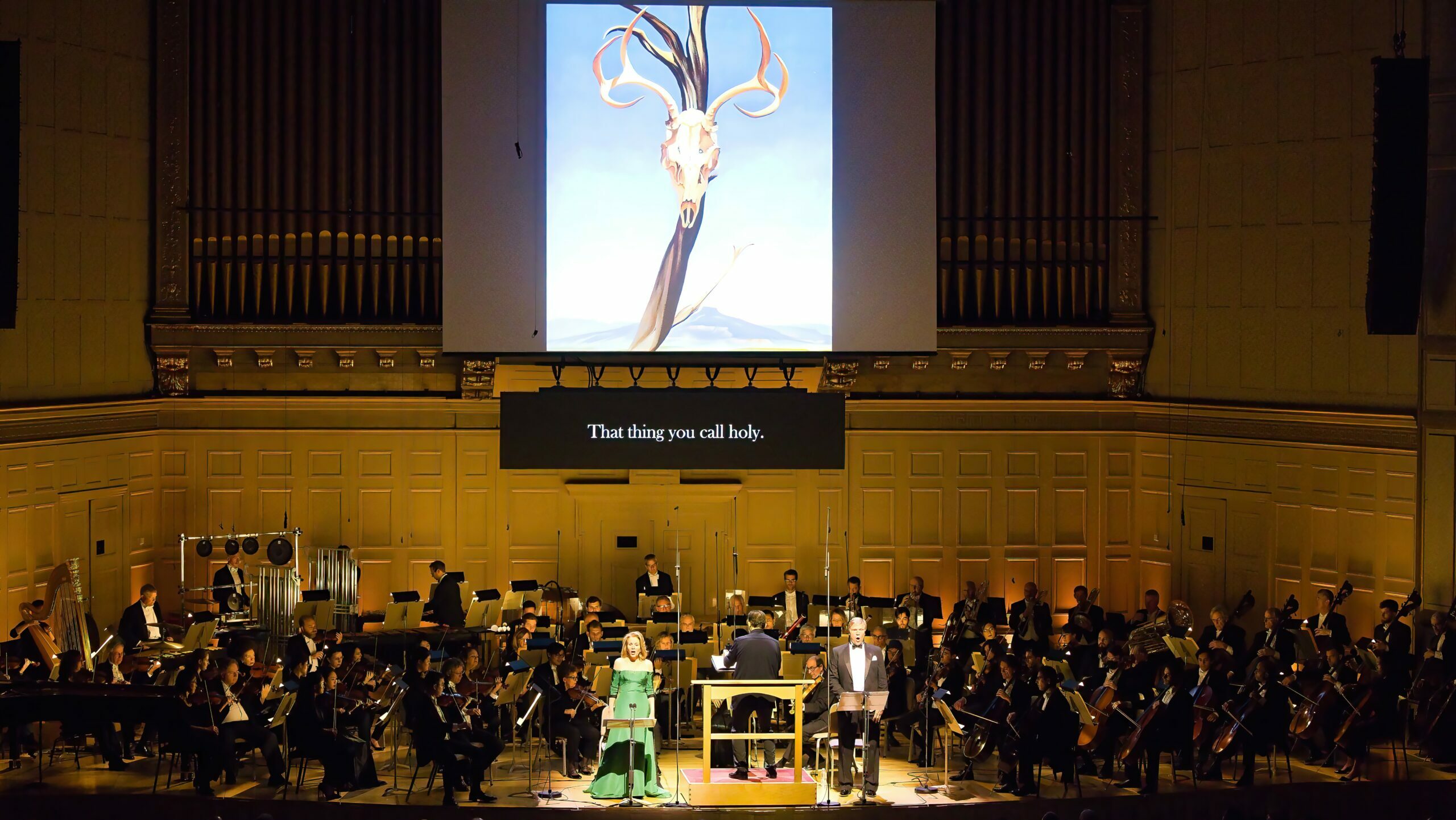
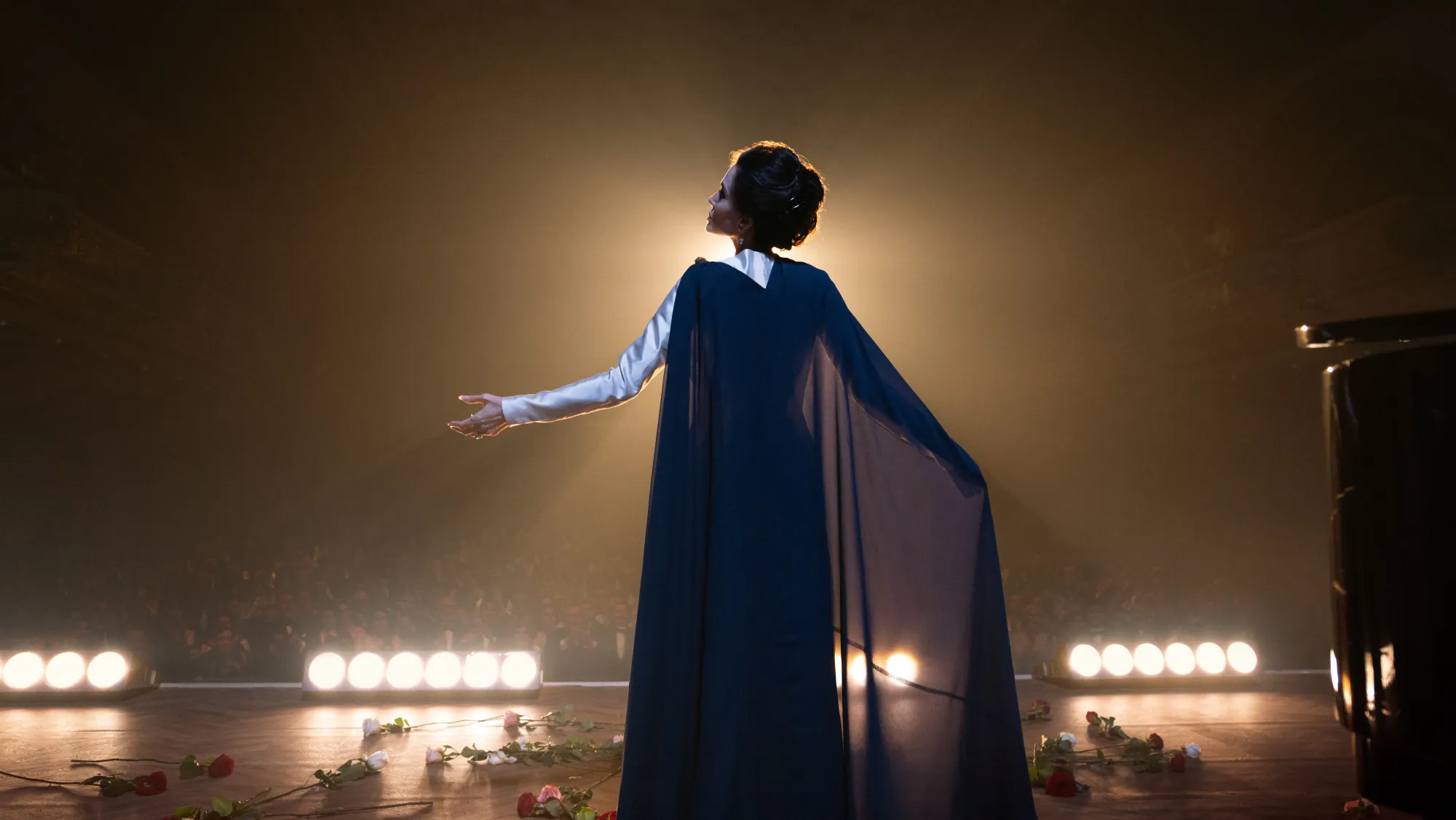
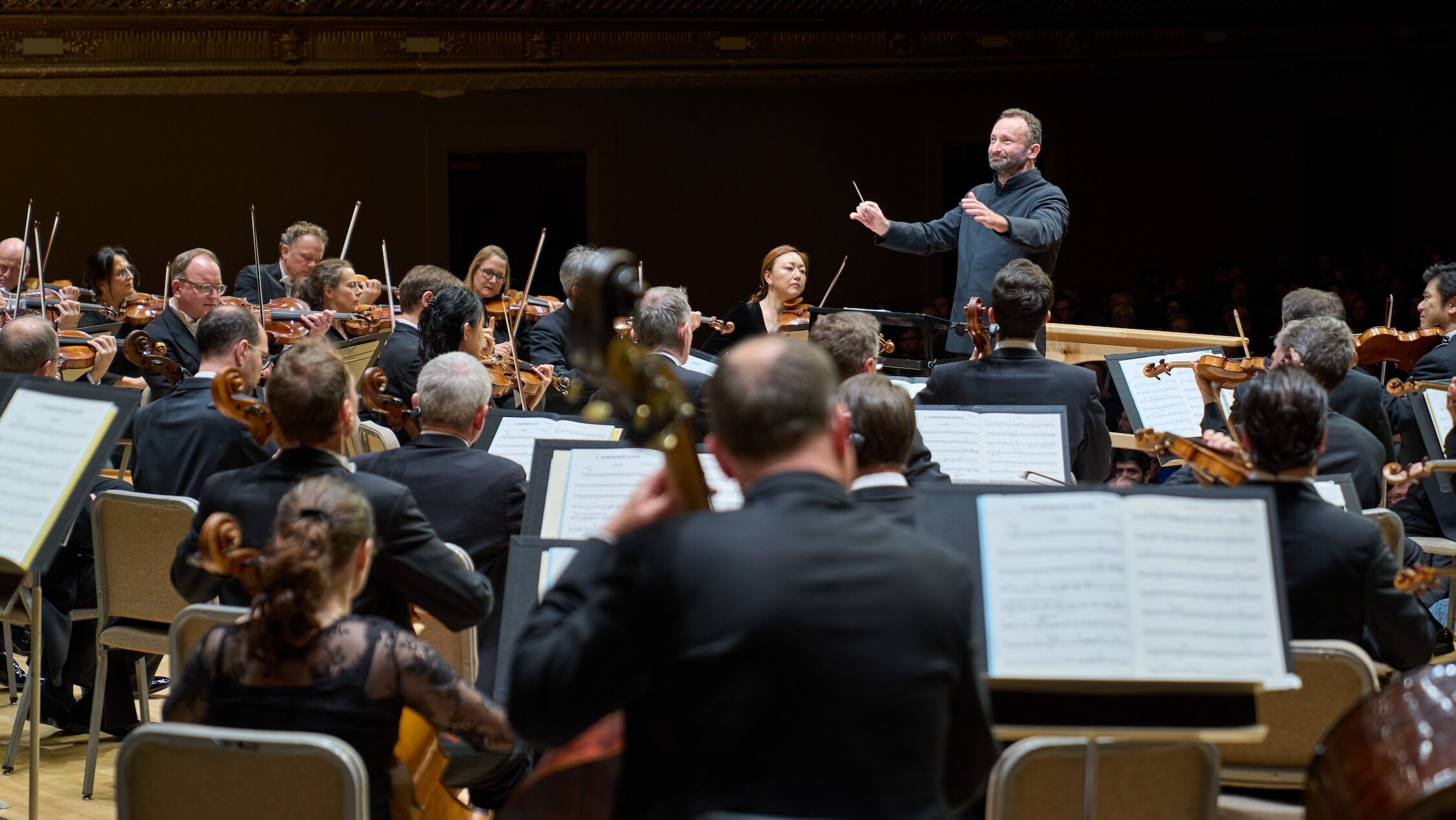
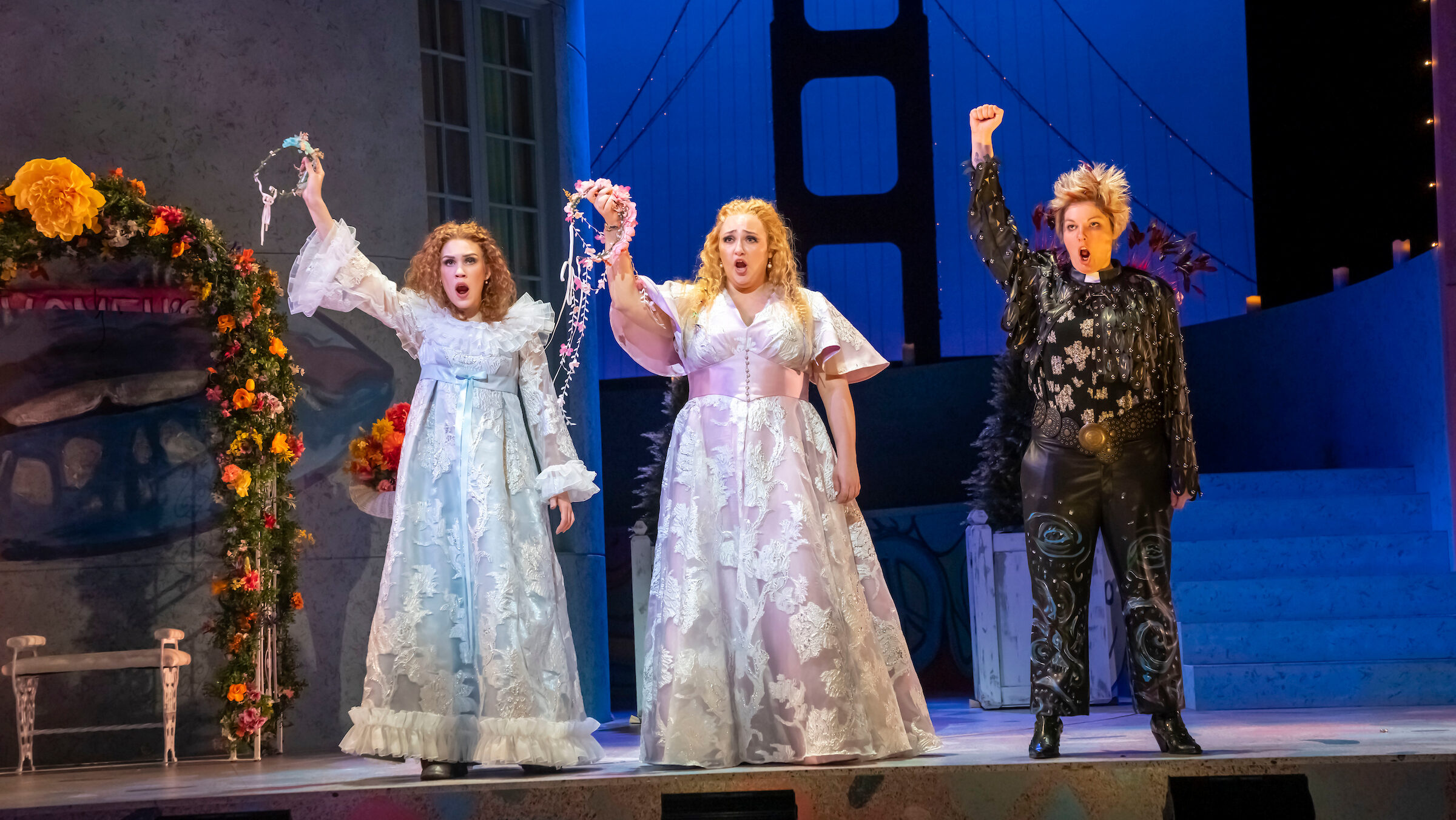
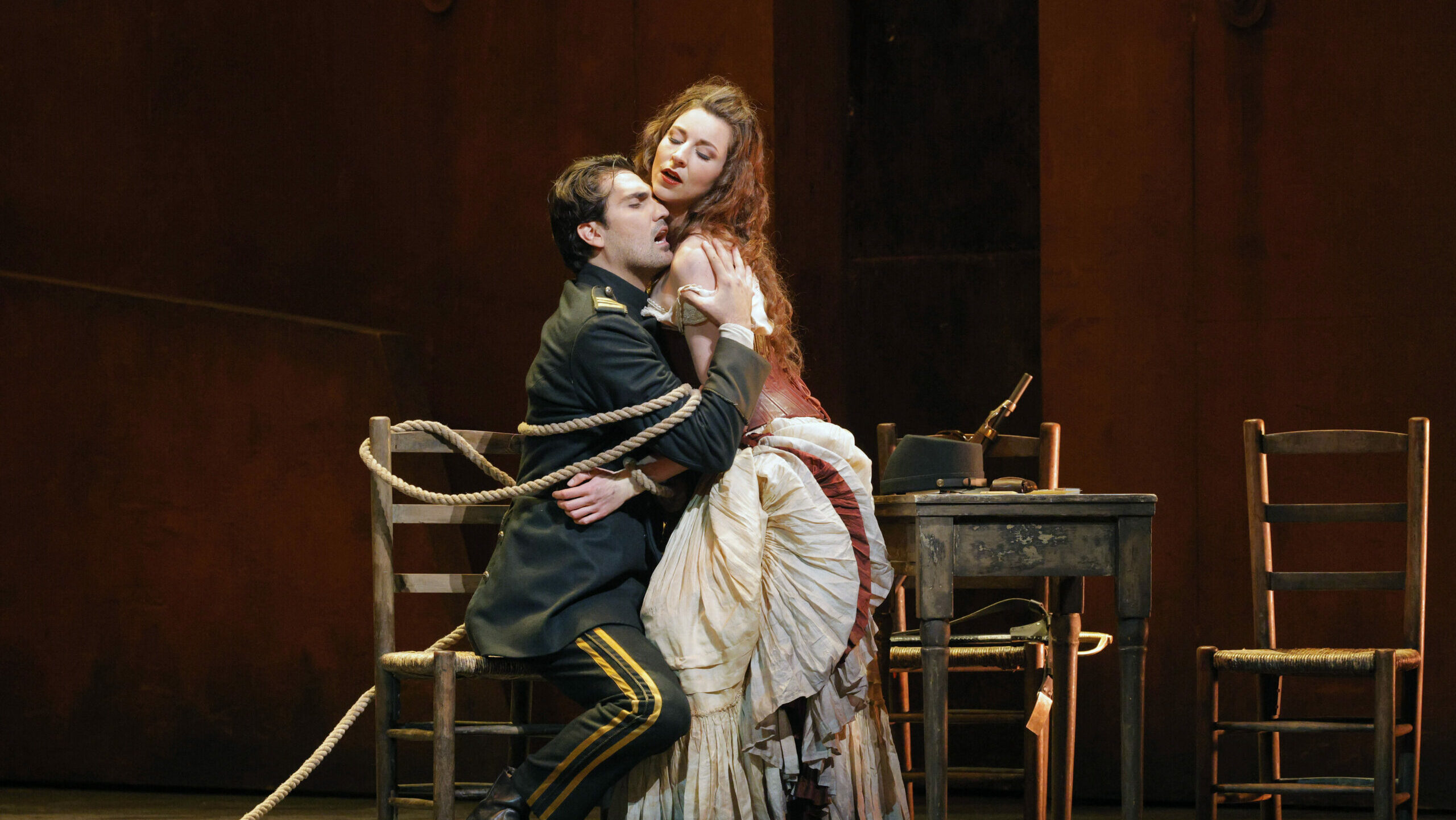


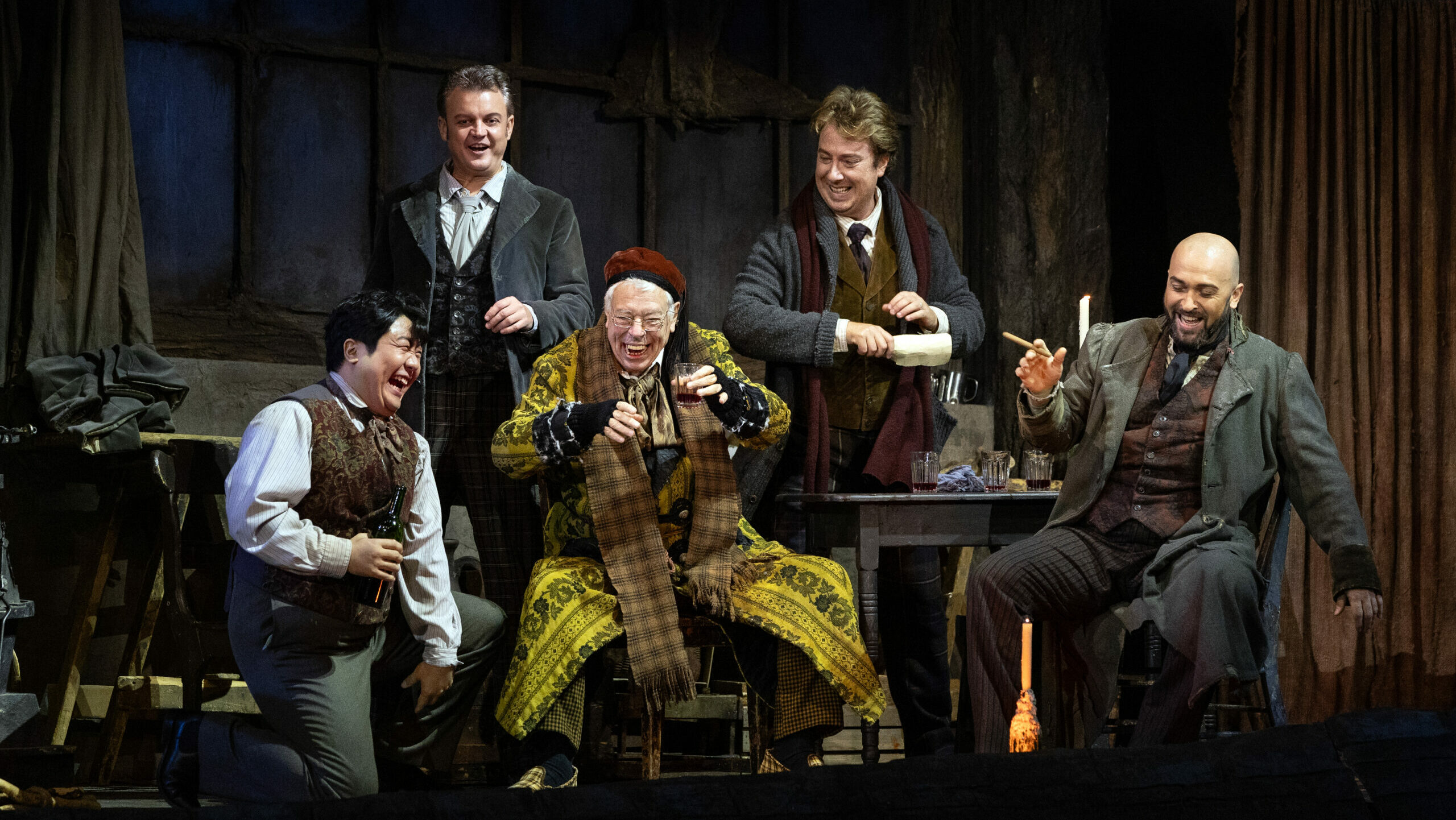

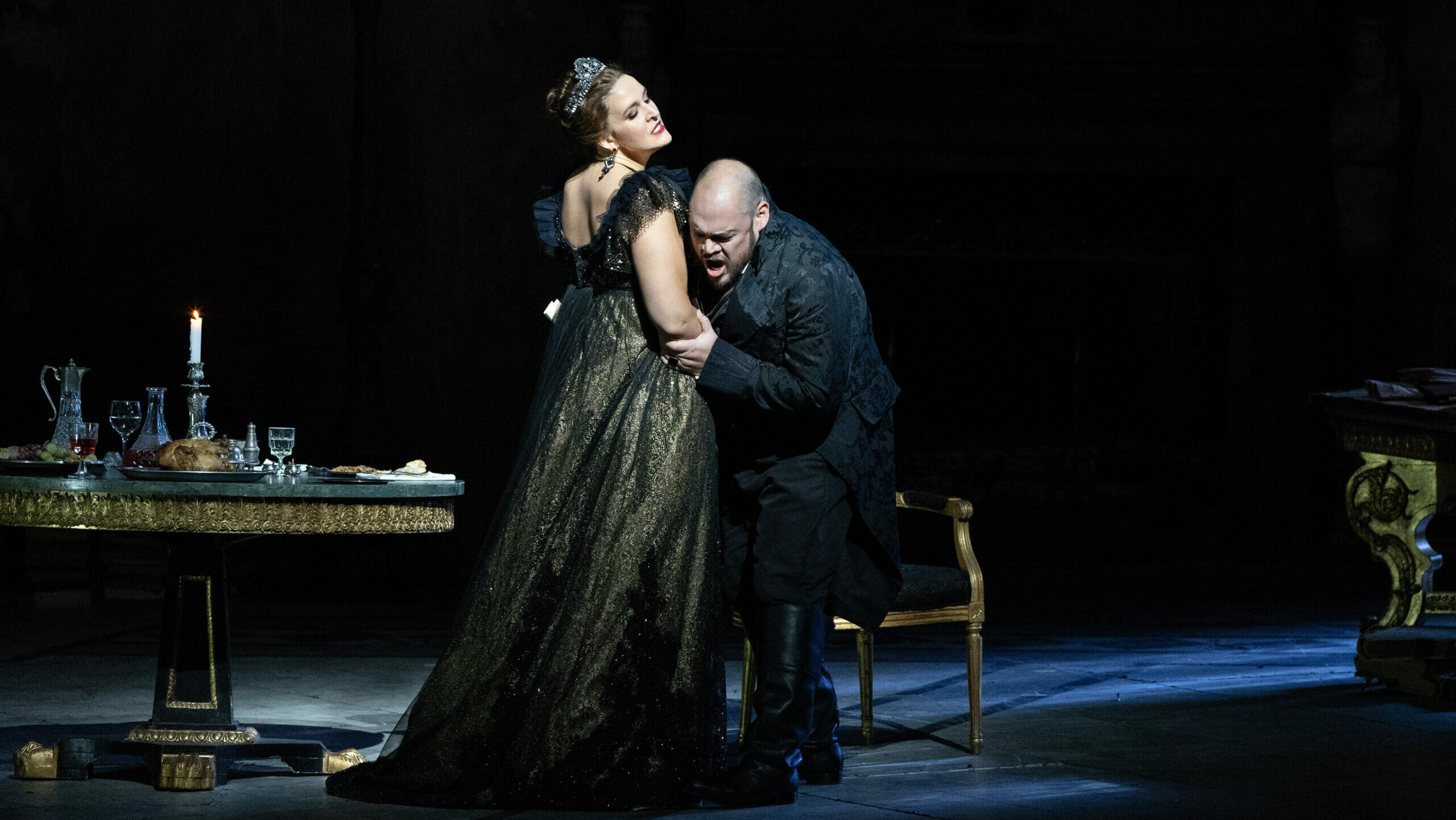






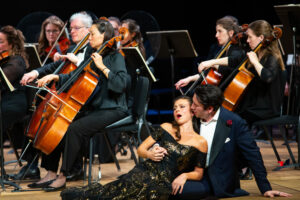

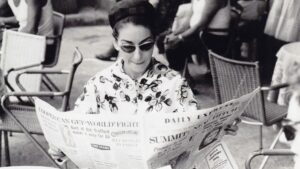
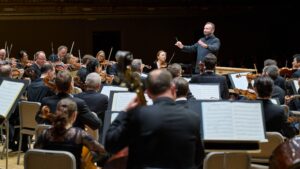
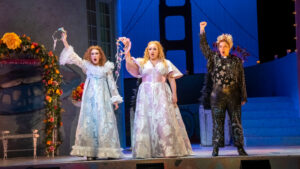





Comments